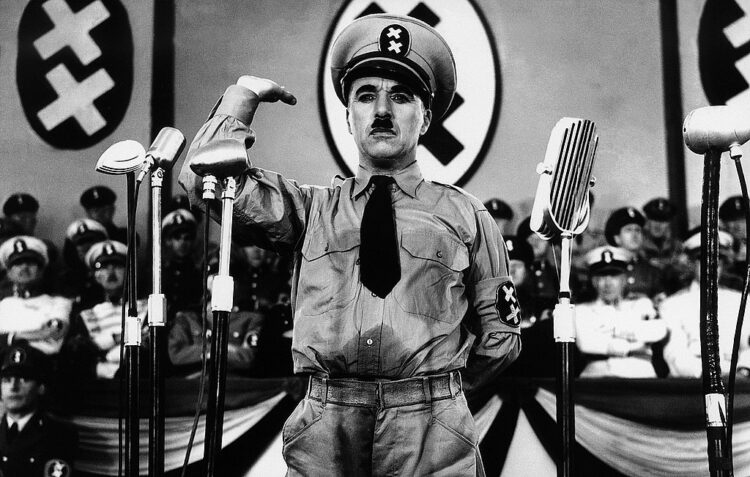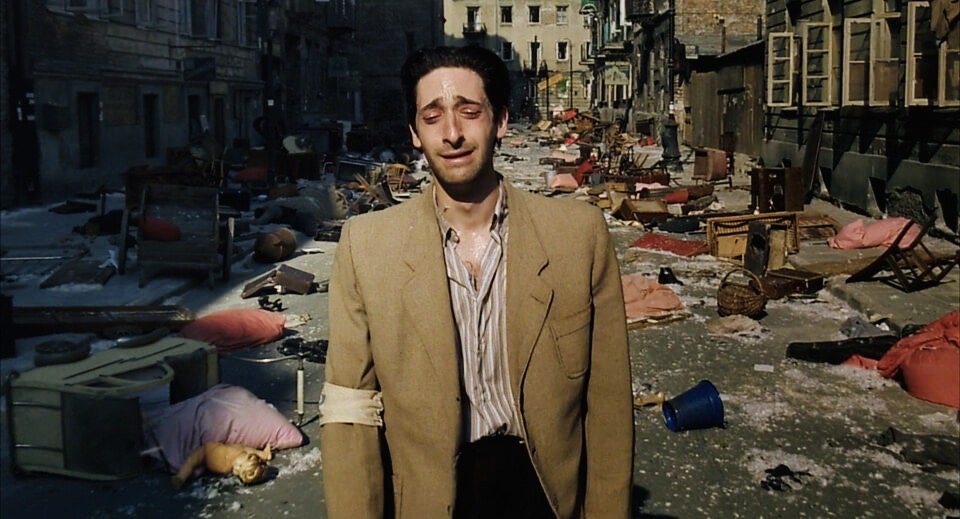From Schindler’s List to The Pianist, feature films about the Holocaust have been ubiquitous. Since 1945, 443 Holocaust movies have been produced for theatrical, video and television release, according to Rich Brownstein, an American writer who has lectured at Yad Vashem’s International School for Holocaust Studies.
Brownstein, in Holocaust Cinema Complete: A History and Analysis of 400 Films, With a Teaching Guide (McFarland & Company), examines these films methodically.
Early on in this substantive volume, he points out that Yad Vashem — the Holocaust memorial and research centre in Jerusalem — lists 1,400 Holocaust titles in its database. Many of them, like Gentleman’s Agreement, The Sound of Music and Fiddler On the Roof, have nothing to do with this catastrophic tragedy, he says.
Brownstein analyzes films from every corner of the world, from the United States and Germany to Israel and Poland.
By his estimation, the United States, Germany, France, Britain, Israel, Poland, Italy, the former Czechoslovakia, Hungary, Canada and Austria have made nearly all the films under his purview.
The United States has produced the most (24.2 percent), followed by Germany (23.9 percent), France (14.4 percent), Britain (11.1 percent), Israel (8.4 percent), Poland (7.7 percent) and Italy (6.8 percent).
Among the runners up are Holland (2.5 percent), Switzerland (2.0 percent), Russia (1.4 percent), Ireland (0.9 percent), Japan (0.9 percent), Romania (0.9 percent), Australia (0.7 percent), Bulgaria (0.7 percent), Argentina (0.5 percent), Ukraine (0.5 percent), China (0.2 percent), Myanmar (0.2 percent) and Portugal (0.2 percent).
In his opinion, the most successful and influential productions have been Holocaust, the 1978 made-for-television mini-series, and Schindler’s List, the Steven Spielberg film released in 1993.
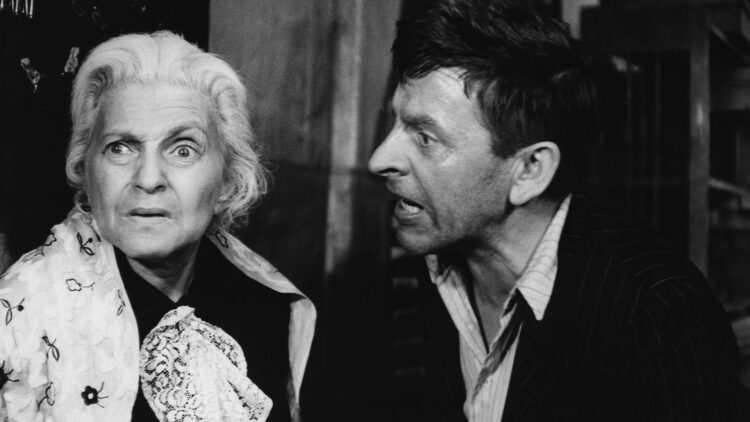
The greatest European films, he claims, have been The Shop on Main Street (1965), The Two of Us (1967) and The Garden of Finzi-Continis (1970).
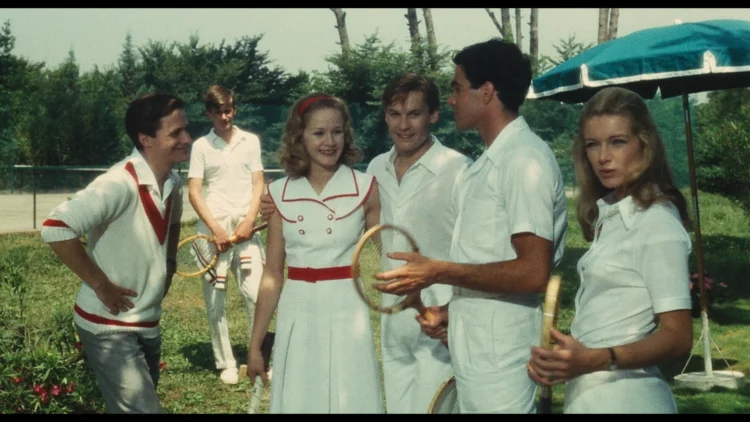
Among the longest Holocaust films have been Schindler’s List (195 minutes), Judgment at Nuremberg (179 minutes), The Diary of Anne Frank (170 minutes), Inglourious Basterds ( 153 minutes), Sophie’s Choice (151 minutes) and The Pianist (150 minutes).
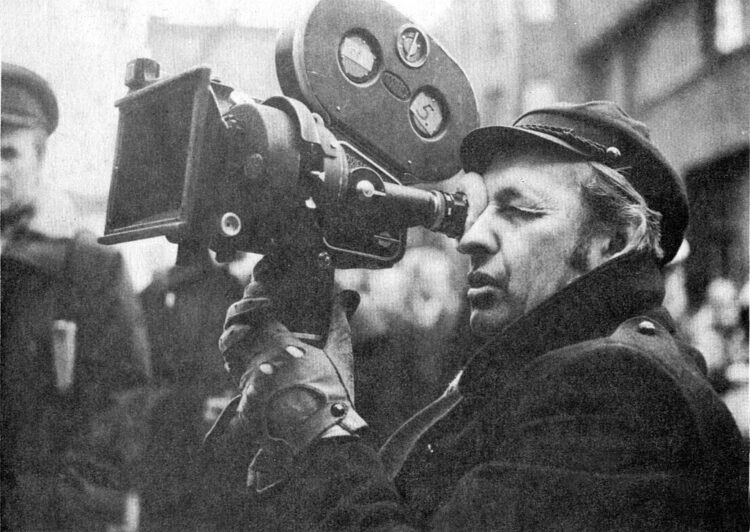
The directors credited with making the most Holocaust films have been Andrzej Wajda (four), Eli Cohen (three), Axel Corti (three) and Agnieszka Holland (three).
The most recurring figures in such films have been Adolf Eichmann (15), Anne Frank (19), Janusz Korczak (7) and Joseph Mengele (11).
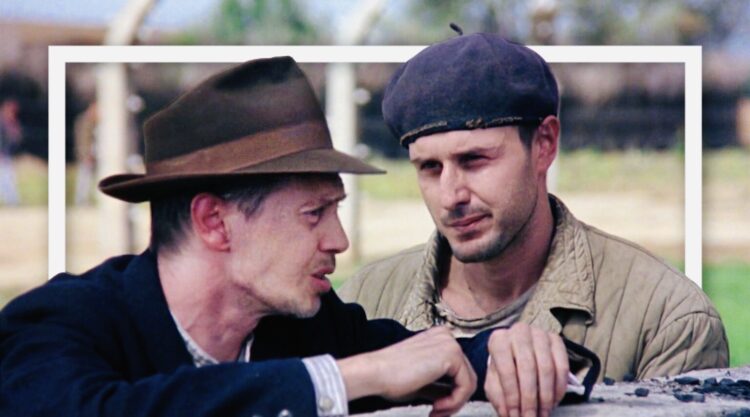
Brownstein claims that Tim Blake Nelson’s The Grey Zone is, by far, “the greatest narrative Holocaust film ever made.” Immersed in the “mechanics of mass murder,” it is “violent, cutting to the bone” and “intensely graphic at times.” Released just two days after the Arab terrorist attack on the United States on September 11, 2001, it has gone almost completely unnoticed, with a shockingly low box office gross of only $517,000.
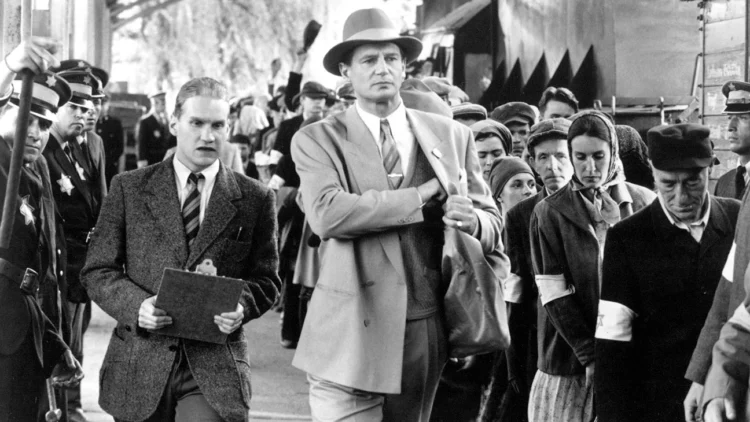
As for Schindler’s List, it is “a spectacular film, a stunning example of craftsmanship and the pinnacle of its art form.” The recipient of numerous awards, it is the highest-grossing Holocaust film of all time — $322 million world-wide.
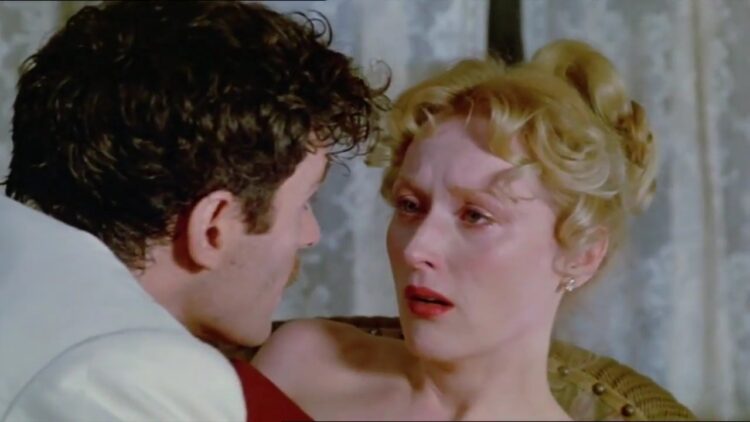
The Pianist (2002), directed by Roman Polanski, is profusely praised by Brownstein as one of the top five Holocaust pictures. Sophie’s Choice (1982), directed by Alan Pakula and starring Meryl Streep, was the first Western film to portray the Auschwitz-Birkenau concentration camp with “cinematographic respect.”
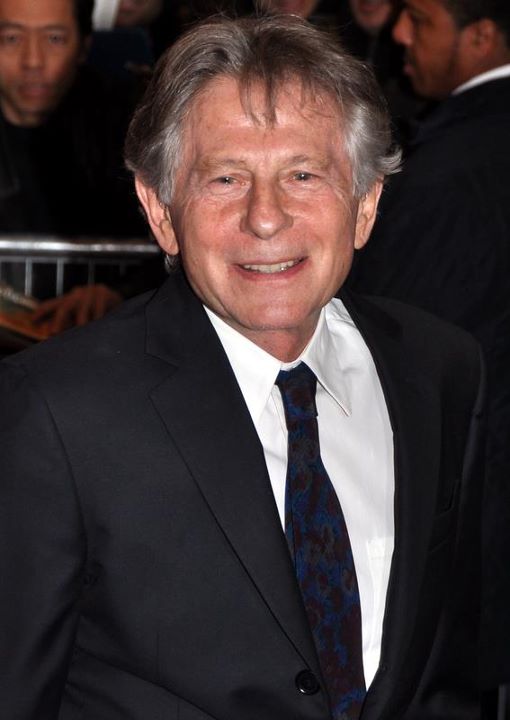
Brownstein has high regard for Lars Kraume’s The People vs. Fritz Bauer, calling it “a classy movie with a savvy protagonist.” He also appreciates Defiance, The Pawnbroker, Son of Saul and The Counterfeiters.
In passing, he mentions Charlie Chaplin’s satire, The Great Dictator (1940), his first talking film, which appeared before the Holocaust got underway seriously. In discussing it, Brownstein tells a joke: Adolf Hitler went to a fortune teller, who told him he would die on a Jewish holiday. Hitler asked, “Which Jewish holiday?” She replied, “Whenever you die will be a Jewish holiday.”
